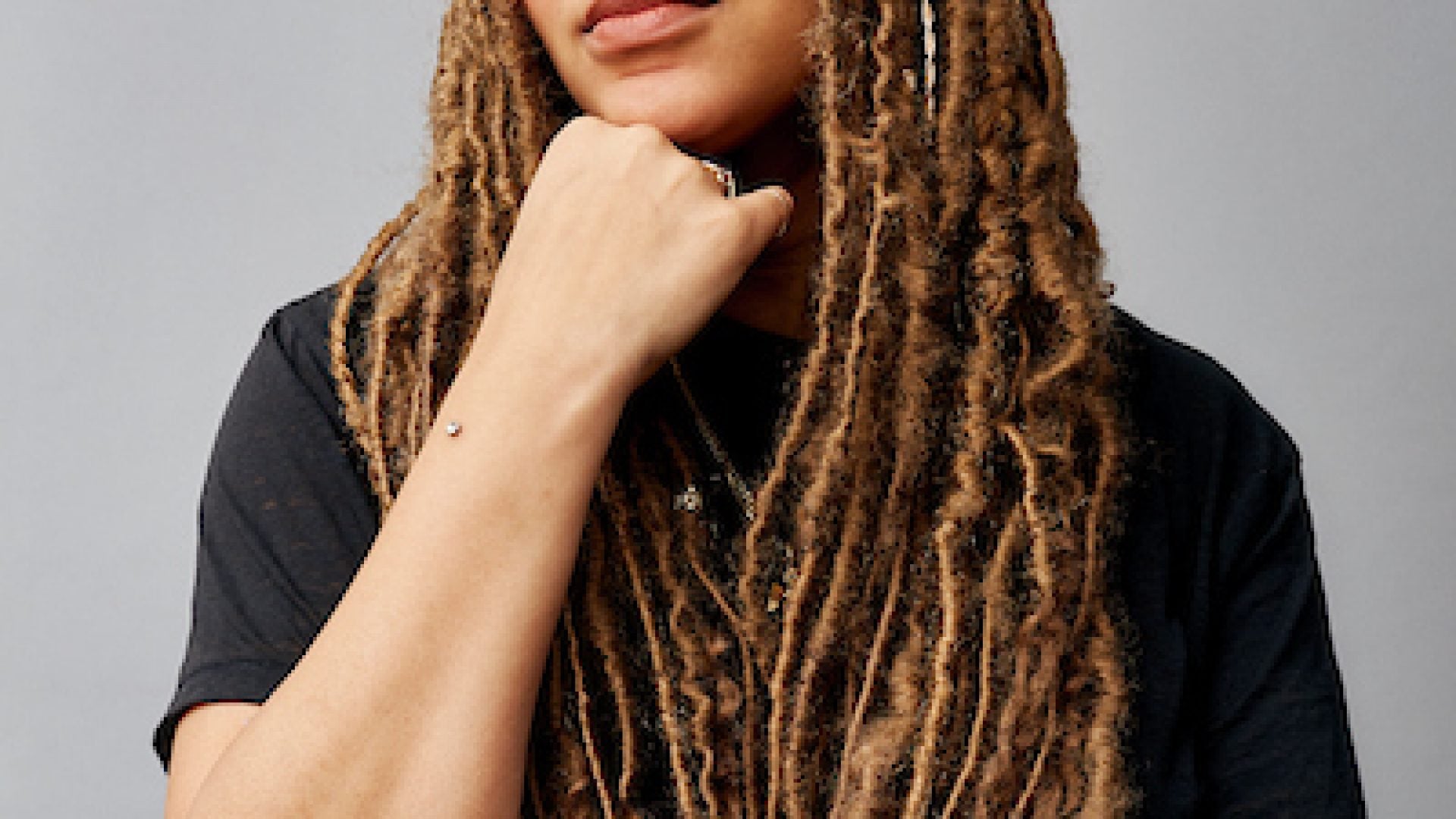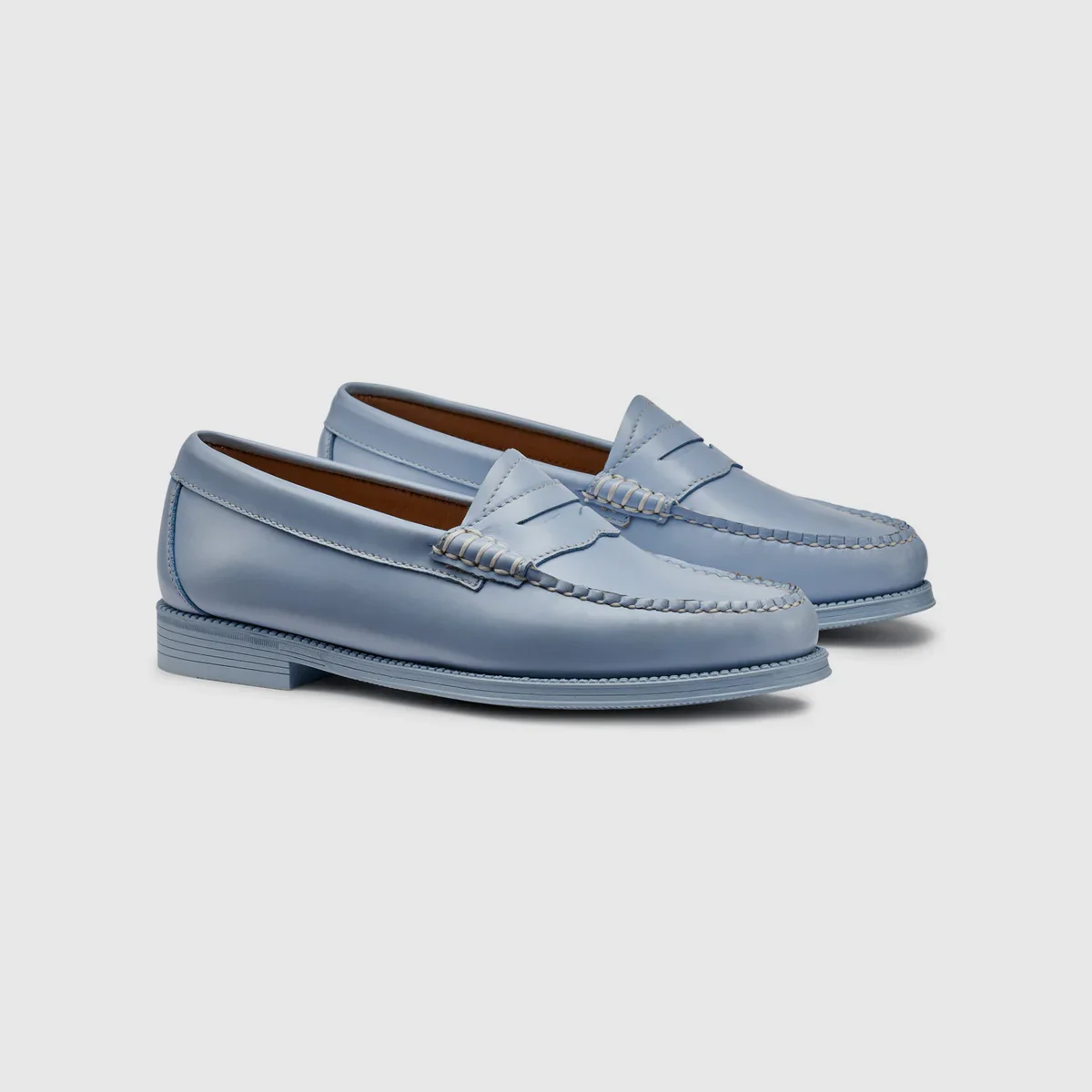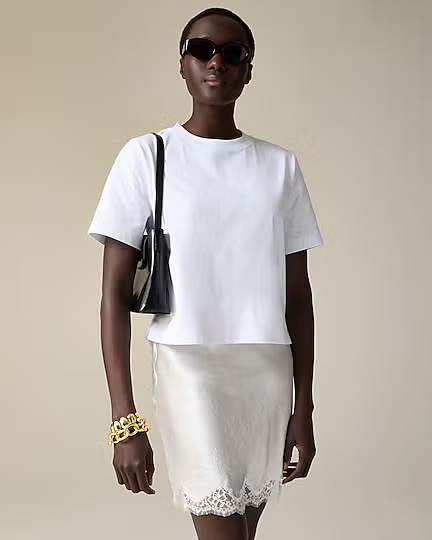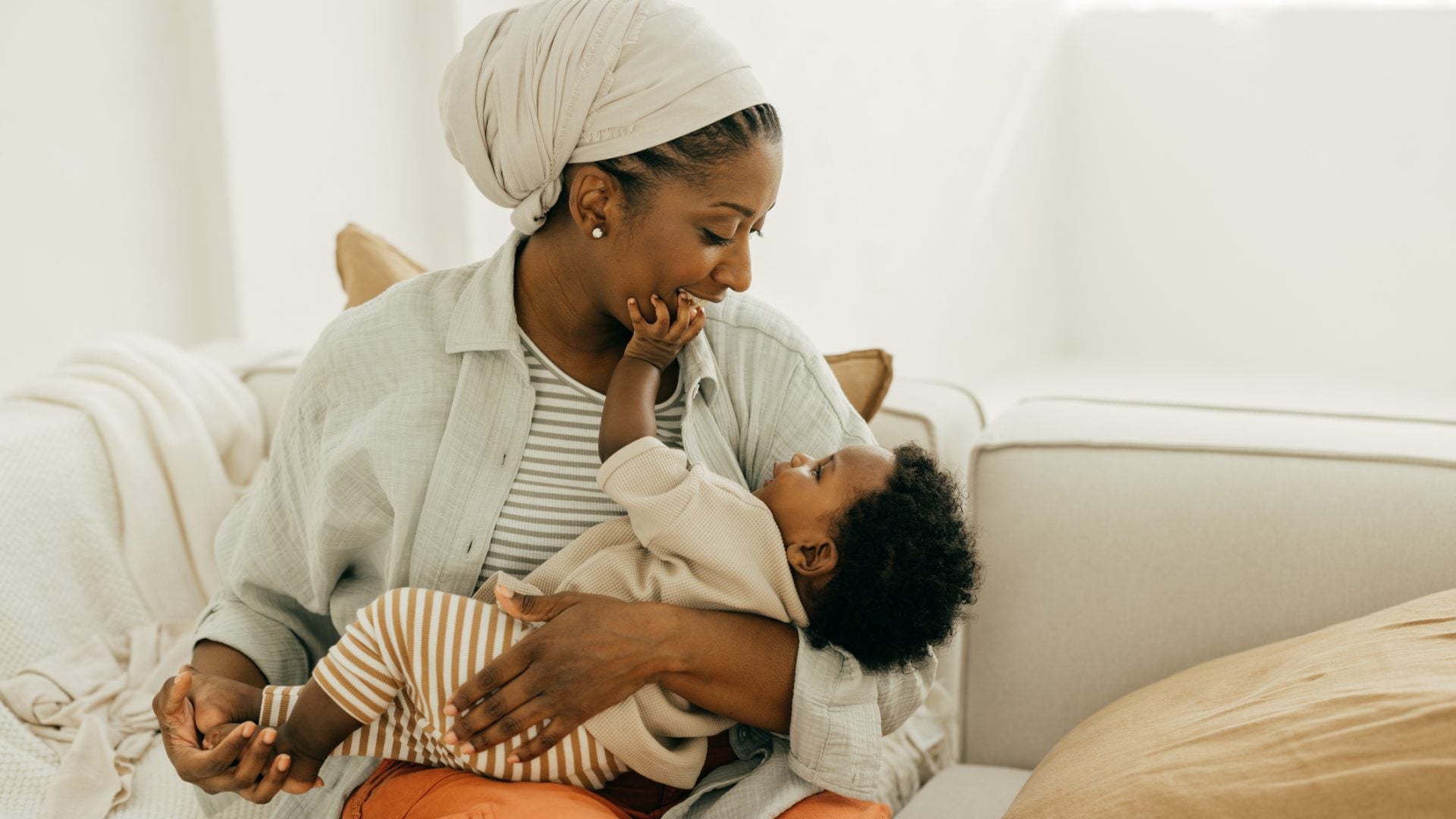
I was 22 when I had my abortion. That was about seven years ago in 2014. At the time I was not on birth control. I hadn’t found a proper contraceptive that really worked for me, that I responded well to, so I was doing calendar tracking, counting the days — 31 days, 27 days — and giving myself the seven-day grace period of when I would start my period. I soon realized that I was actually on day 10, and at first I thought, “Okay. I’m probably stressed out.” I was in college at the time. “I’ll go get a pregnancy test. It will be negative, and I’ll just get my period the next day.” A couple years prior, I missed a period due to stress, which I didn’t even realize was an actual thing. That’s essentially what I attested that to. But I got my results back and they were positive.
I wouldn’t say that I was scared or alarmed. I knew from a very early age that if I found myself with an unwanted pregnancy that I would get an abortion. I grew up in a very political household. I grew up where there’s a lot of political discussion and abortion is something that was brought up in politics throughout my younger years. I was lucky enough to have parents that made sure that I was educated about certain things, whether or not I needed to be educated about them at the time, so that when the time came, I wouldn’t be shuffling through what it is I was going to do. So when I saw that positive, it was just very much like, “We don’t have time for emotions. We don’t have time to sit and explain anything.” There wasn’t some sort of thought process of should I? Should I not? No, it was, “Okay, I know what I want, and we just have to figure out how we’re going to make that happen.”
I was lucky enough to have an OB/GYN who was a family friend. I called her and she directed me to go to Planned Parenthood, and I luckily was able to get the abortion that day. If I were to go today, I would have to wait 48 hours because of the Amendment 1 decision [in Tennessee that requires a 48-hour waiting period]. The minute that I took the first pill, it was just a sense of relief. I did not feel any shame then. I felt no shame about my stance prior to my abortion and I still feel no shame.
Shortly after I had my abortion, as I was very much involved in politics, I signed up to do Tennessee Stories Project, which is storytelling to de-stigmatize abortion. I really, at the time, thought that my story was irrelevant. Little did I realize, I was allowing the stigma of abortion to trickle its way into my thought process. It wasn’t until I did my first panel at Vanderbilt University with about five or six other people who told their abortion stories that I realized how different each and every one was. I realized that my story was relevant because there’s a percentage of people out there who don’t struggle with the decision. And there are people who do. Each and every one is perfectly acceptable and fine and doesn’t deserve any sort of judgment.
I realized that there is a purpose for me sharing this because I am okay. I didn’t struggle with it. I’m fine, and I’m doing great. And for me, I think that is very significant. I don’t think you always have to go through something bad or horrible or traumatic in order for me to justify why I need it, let alone me even having to tell you why I needed it, because it’s really no one else’s business why I needed to get an abortion.
I think it is important to acknowledge just at the end of the day that people have to be able to make the best decisions that they can for themselves. I think that applies not only to someone being able to have bodily autonomy and decide whether or not they want to have an abortion but also to every single action of life. And so, I think there’s no reason why that should not also be understood and acknowledged and respected when it comes to this particular decision as well.






With what’s going on in Texas — because it’s not just the six weeks ban, but it’s also this $10,000 reward or more for people being able to report suspicion — I think it’s furthering this stigma. It’s bringing other people into business that they have no need to be in at the end of the day. One of the things I always like to compare and give an analogy to, in regards to this issue in particular, is if somebody has a house, you have a home or a place that you live, that is your domain, that’s your Mecca. Nobody, at least no one logical, would probably want someone else coming in, that doesn’t reside there, and telling them how they should run their house. I feel like it’s the exact same thing when it comes to our bodies. You don’t own this, you don’t pay rent here, you can’t sit here and come here and tell me how I need to run my household.
Most importantly, if there are more states that end up being very restricted when it comes to abortion rights, the impact that it’s going to have on women of color is significantly different than the impact on women that are white. African Americans, we make up 13% of the country, but we occupy only two to four percent of the wealth. When it comes to the means, as we can reflect back historically before Roe v. Wade, African American women, women of color, are going to have a hard time trying to access their right to be able to have an abortion. That’s an important point to make, because I do think in feminism today it’s very much structured around white feminism. We have to also understand that Black feminism is the biggest thing at risk when we talk about these issues.
I want people to understand, hopefully at some point in their life, if enough of us are coming out and telling our story, not only will they feel more comfortable, but those who have a totally different opinion or who are against abortion can maybe realize that there are more people around you that you probably care about and love who actually may have gone through this than what you realize. Maybe it will get them to have a different perspective. Hopefully.







